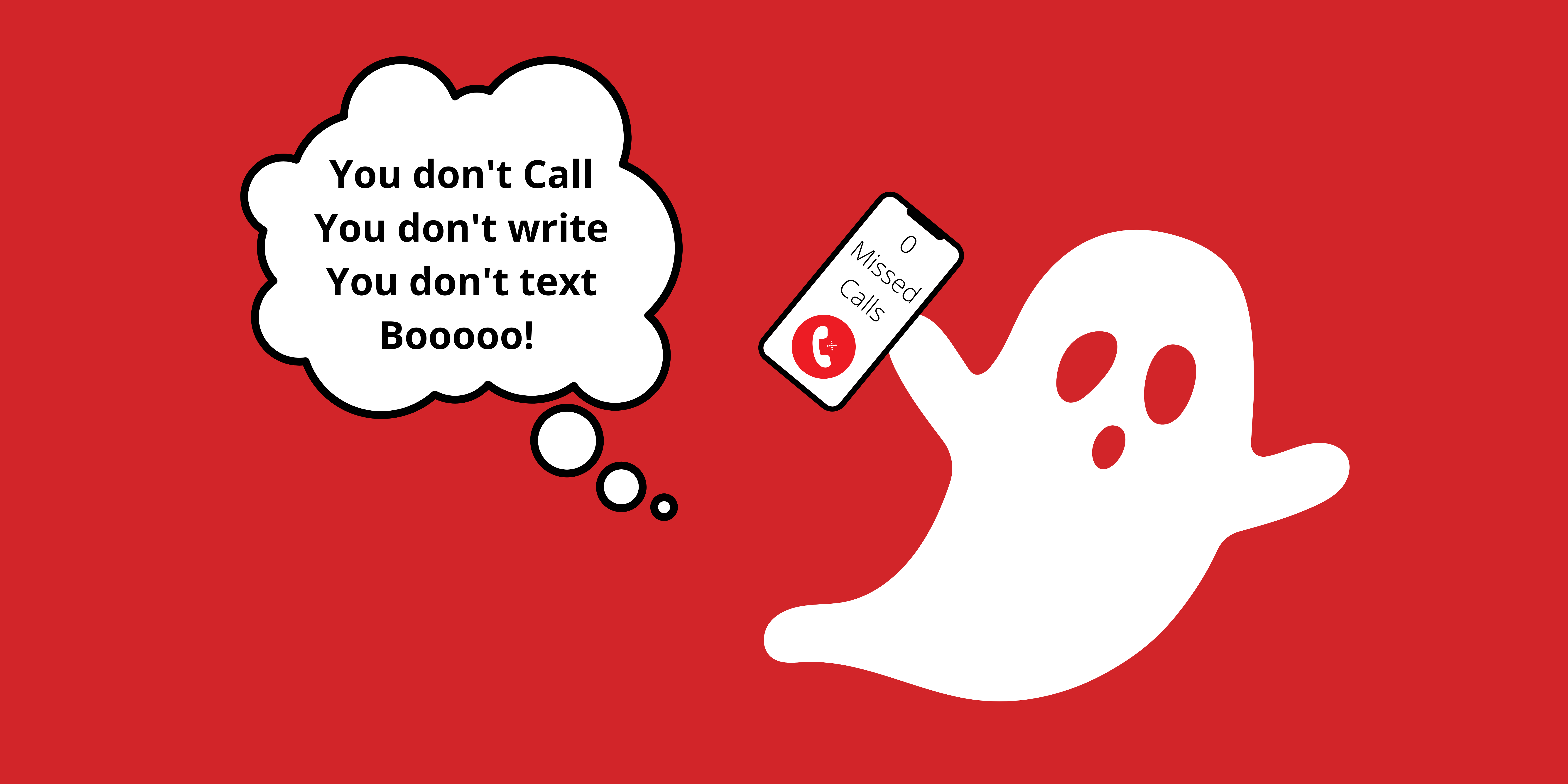You’re communicating with a potential practice, and you aren’t sure how to respond to the latest communication. Maybe you need more time to make a decision or you’re not sure how to decline the offer. More often physicians are ghosting potential practices by vanishing from the recruiting process.
Are you unknowingly ghosting and committing a dermatology career no-no? Find out why physicians sometimes ghost potential practices and how to respond to recruiters with confidence (even if you aren’t sure what to say).
What is considered employment ghosting?
You may be familiar with ghosting in your personal life: dating matches who stop responding to messages or friends who stop responding to texts. Employment ghosting occurs when one party severs communication during the recruitment process. According to a 2021 survey by Indeed, 28% of job seekers have ghosted an employer, up from 18% in 2019.
Ghosting includes a candidate who no longer responds to messages, fails to show for an interview, or even fails to show up for their first day of work. (Yes, this happens.) Southwest Airlines reported in a 2022 Wall Street Journal article that 15-20% of new hires for some jobs don’t even show up on their first day of work.
But ghosting isn’t just something job seekers can do. Employers can ghost, too. The Indeed survey results show 77% of job seekers say a prospective employer has ghosted them.
Why we ghost?
So why do job seekers – and sometimes employers – ghost? The Indeed survey showed three top reasons: job seekers received another job offer, decided it was not the right job, and the compensation wasn’t enough. Meanwhile, employers can ghost if they are no longer interested or if the recruiter is afraid of how the candidate will respond. Ultimately, ghosting by either party occurs out of a fear of confrontation.
Why not to ghost?
While ghosting may seem like a way to avoid conflict, 54% of job seekers who have ghosted an employer say they experienced repercussions.
A word to dermatologists: While ghosting may be more acceptable in certain industries or available positions, dermatology is a small town, and a single act of ghosting could prevent you from obtaining a position in the future. Protect your reputation in the specialty. Make sure no one would consider you disrespectful in how you handle yourself with potential employers.
Ghosting also sets a bad precedent for how you handle difficult situations. Even if an act of ghosting doesn’t haunt your career, it’s best to grow your muscles for handling hard conversations because hard conversations are a part of life, especially a dermatologist’s life. Growing your confidence in handling difficult conversations will make future conversations easier, whether they are with a boss, insurance company or a patient.
Alternatives to ghosting
If you are nervous about confrontation, remember this: you can always choose your preferred communications tool. No matter which tool you use, however, be sure to communicate. If you have a relationship with a prospective practice – even if it’s in the early stages – don’t walk away without communicating.
If you will be communicating by phone or in person, prepare talking points. If you will be communicating by e-mail, draft a response and, if desired, share it with a trusted advisor for feedback. Remember, your response can be short and sweet: “Thank you for your time, but I am no longer interested in the position.”
Be honest with recruiters and speak up for your needs, whether that’s more time in making a decision or higher compensation. Here’s a pro tip: Save yourself and recruiters some time and effort, and only apply to positions you are truly interested in. That will reduce your urge to ghost.
While it may be hard to decline a job offer or to ask for more time in making a decision, ultimately speaking up is the best decision for your career and your personal growth. You’ll need to have plenty of hard conversations over the course of your dermatology career, so consider these conversations as opportunities to hone your skills and gain confidence.
